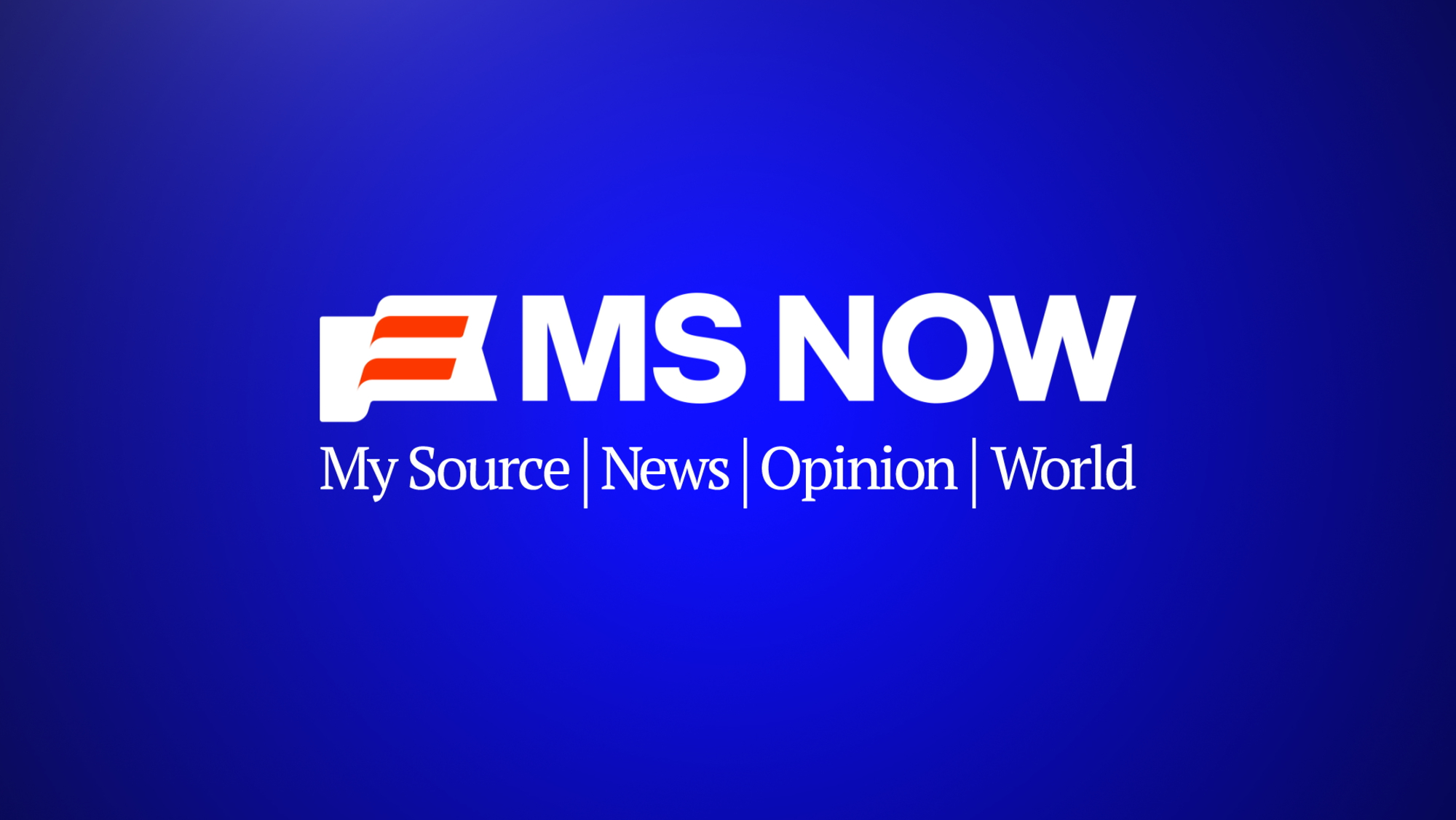MS Now and the Future of Media Spinoffs
By: Campfire Consulting
MS NOW logo Courtesy of Versant
When MSNBC announced it would rebrand as MS Now ahead of Comcast’s planned spinoff, it sent a clear message: legacy news brands are reconfiguring themselves for survival in a fragmented media landscape. For viewers, that shift raises questions about trust and accessibility. For advertisers, it highlights both opportunity and risk.
For Viewers: Promise and Peril
On paper, MS Now suggests a tighter brand identity. By dropping the Peacock tie-in, the network signals independence — a chance to focus on clarity and positioning in an environment where news fatigue is real. For people who already see MSNBC as a reliable news source, the spinoff could bring sharper storytelling and faster adaptation to audience needs.
But spinoffs don’t exist in a vacuum. Once separated, MS Now will face pressure to justify its financial footing. That can mean leaning into sensationalized content to capture attention or tightening paywalls to generate revenue. Either way, the burden lands on viewers, who may face higher costs, thinner coverage, or yet another layer of fragmentation in a news ecosystem already crowded with choice.
For Advertisers: Clarity or Complexity?
Advertisers may see upside in the spinoff. Without the shadow of Peacock, MS Now can sell itself as a cleaner, more direct buy. Premium news adjacency still carries weight, and in an era of brand-safety concerns, aligning with a standalone network could deliver more transparent measurement and stronger contextual relevance.
The risk lies in fragmentation. Every time a brand spins off, advertisers are asked to stretch budgets across more platforms, negotiate through more silos, and accept more complexity in exchange for smaller pockets of reach. The promise of precision often turns into diminishing efficiency.
What It Signals
Ultimately, this move underscores a larger reality: media spinoffs are less about creative reinvention and more about financial engineering. For MS Now to succeed, it will need to prove that independence creates deeper trust with audiences and clearer value for advertisers. Otherwise, the rebrand is just another reminder of how financial maneuvering can further complicate an ecosystem already stretched thin.
Where the Conversation Goes Next
Spinoffs like MS Now underscore a larger question facing television today: is the future of news and entertainment being shaped for people, or just for shareholders?
That’s a question we’ll dig into at Programmatic I/O New York, where our founder and CEO Chris Marine will join Carrie Riley, CMO of Aroma Joe’s, to unpack how one of America’s fastest-growing QSRs is scaling brick-and-mortar success through intentional media.
Together, they’ll explore how the coffee chain—working with Campfire—blends programmatic CTV, direct-to-publisher deals, and high-impact cable network buying to unlock new value in TV strategy. Expect a candid look at why the next ad gold rush might just be brewing in local and regional TV, where performance and brand equity intersect.
Going to Programmatic I/O? Don’t just sit in the audience - let’s connect over a cup of coffee and talk about where TV is headed next. Drop your details in the contact form and Chris will reach out to setup a time to chat in/around the conference.


